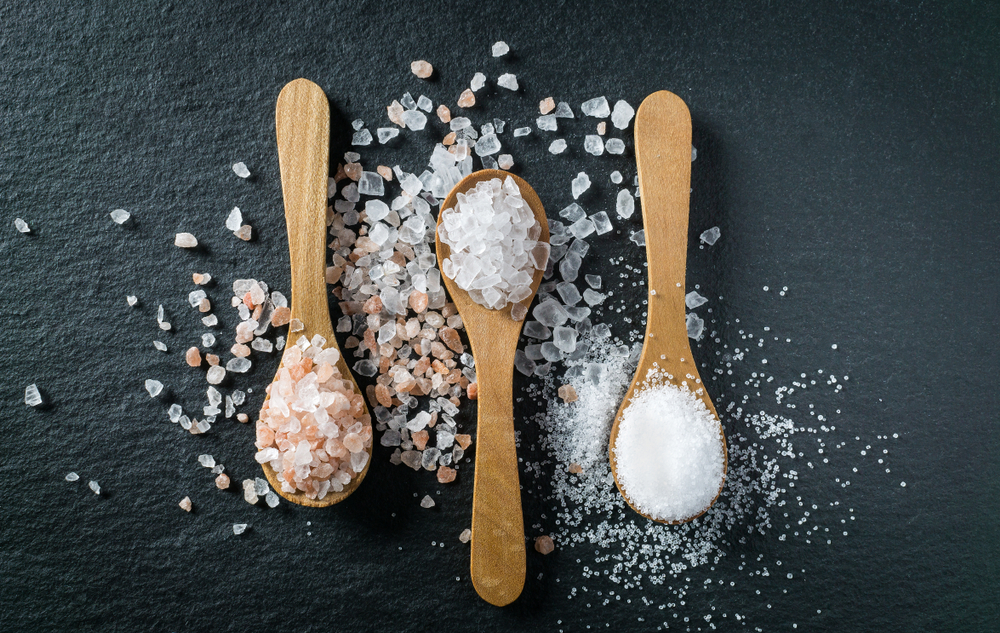Conventionally, excessive salt intake is considered the number one dietary cause of high blood pressure – but what if we are blaming the wrong white crystal?
Over 30% of adults in South Africa live with high blood pressure, which is responsible for one in every two strokes and two in every five heart attacks, according to the Heart and Stroke Foundation. Conventional wisdom attributes hypertension primarily to excessive salt intake – but this may only be one of the ingredients. This World Hypertension Day, which takes place on 17 May, non-profit organisation, The Noakes Foundation, is redefining nutritional approaches to managing hypertension, by highlighting the often-ignored role of sugar.
“Traditional dietary guidelines generally emphasise the reduction of salt intake as a primary strategy for managing hypertension. However, high sugar consumption and insulin resistance may play a more significant role in causing high blood pressure – especially in those who are ‘salt sensitive’. It’s a paradigm shift that requires us to re-look the narrative around hypertension in a big way,” says Professor Tim Noakes.
Nutrition experts, like Dr DiNicolantonio, a New York-based salt researcher and author of The Salt Fix, propose that eating too much sugar may be the reason some people are sensitive to salt. According to this theory, high blood sugar levels can cause the kidneys to hold onto salt and water, making it harder for blood vessels to relax – which ultimately leads to high blood pressure.
“This implies that reduction of sugar, rather than salt, in the diet is important for reducing blood pressure. Eating a low-carb high-fat diet is proven to reduce blood pressure levels, blood sugar levels, and improve insulin sensitivity. As a bonus, reducing your carbohydrate intake can help you maintain a healthy weight and avoid obesity, one of the major risk factors for hypertension,” says Noakes.
Shifting the focus away from solely reducing salt intake is key to addressing the underlying metabolic factors driving hypertension, according to Noakes; “Challenging conventional wisdom and promoting a more nuanced understanding of the dietary factors that influence hypertension can help to empower individuals with the knowledge and tools they need to make more informed dietary decisions – and ultimately take control of their health,” says Jayne Bullen, Chief Operating Officer at The Noakes Foundation.
The Noakes Foundation is a non-profit organisation dedicated to questioning the accepted scientific beliefs and exploring nutrition-based remedies for chronic conditions like type 2 diabetes, heart disease, and obesity. The Foundation supports independent and unconventional scientific research to promote healthier eating habits.
Hypertension management tips from The Noakes Foundation:
Know your numbers: the only way to know if your blood pressure is healthy is to get it checked regularly. The ideal blood pressure is 120/80 mmHg; 120/80 to 140/90 mmHg is considered pre-hypertensive. Anything over this is considered high.
Eat a well-balanced low-carb high-fat diet: The hormonal effects of a keto diet make it easier for the body to dispose of excess salt through urine.
Exercise regularly: This can help reduce weight gain and decrease blood pressure.
Reduce stress levels: Hormones released due to stress cause the heart to beat faster and blood vessels to constrict, increasing blood pressure.
Take medication as directed: This can reduce the risk of having a stroke, heart failure, or damage to the kidneys caused by hypertension.

